|
LISTEN TO THIS THE AFRICANA VOICE ARTICLE NOW
Getting your Trinity Audio player ready...
|
With news about cancer cases on a sharp increase in Kenya, The Aga Khan University Hospital, Nairobi, has some bit of good news. The hospital announced started trials of a new cancer treatment, the first in Africa.
The trials are meant to gauge the effectiveness of a new medicine that blocks gene mutation that leads to cancer in human beings.
The first patient in the African continent on this trial is a Ugandan national who is currently receiving this experimental therapy.
“I feel both Lucky and proud that, first of all, this trial is available here; secondly, that I am the first candidate,” the patient, who was not identified by name, said in a recorded video posted on Aga Khan University’s YouTube page.
The institution is the only one selected in Africa to test this new treatment.
The gene whose antidote is being sought is the KRAS gene, Prof Mansoor Saleh, the Director of the Aga Khan University’s Cancer Center and the Hospital’s Clinical Research Unit (CRU), explains:
“The KRAS gene is what we call a housekeeping gene, present in all cells of the body and is responsible for the growth and survival of normal cells. In normal conditions, the KRAS gene gets activated when parts of the human body grow and become functionally active. After that, KRAS goes into an inactive state. Sometimes, however, KRAS activation becomes uncontrolled, resulting in uncontrolled growth, which then leads in some cases to cancer,” Prof Saleh says.
The professor says that the gene is responsible for about 30% of cancer tumors. When it starts mutating uncontrollably, he says, it becomes an oncogene or simply a cancer-causing gene.
The Cancer Center at the Nairobi-based institution recently embarked on a clinical trial to test the anti-tumor property of GDC 6036, an experimental treatment that blocks the activation of the KRAS oncogene in human tumors.
“When detected early, surgery, conventional chemotherapies, and radiation therapy can be successful and curative. However, when conventional therapy fails, the outcome is often bleak,” Prof Saleh added.
The hospital’s CEO, Rashid Khalani, said the trial is in line with the hospital’s commitment to increase the participation of Africa in global cancer trials.
“As a University Hospital, we have the mandate to contribute to developing effective and relevant treatments. We are therefore very delighted to be participating in this trial that we believe is going to develop therapies that are relevant to the African population,” Khalani said.
“To deal with the cancer menace, we must increase the research on the disease, invest more in public awareness, and, more importantly, train more specialists to take care of the increasing number of cancer patients,” he added.
The hospital chief said that to increase research on Kenya’a third killer disease, the hospital 2022 launched a new fellowship in Medical Oncology, which aims to increase the number of cancer specialists in the East and Central Africa region.
In 2020, the university hospital set up its Clinical Research Unit to spearhead clinical trials in the region and form the cornerstone of cancer research in East and Central Africa. The institution says this was informed by the need to develop more effective treatments in the African population since most of the drugs used for treatments are tested in western countries with limited participation of the African people.
“Research has found that there are genetic differences between the African population and the rest of the world. This means that we have to study novel treatments on our population, for they may respond differently or have more or less toxicity than patients from the West,” Prof Saleh said.
According to a 2022/2023 cancer status report by the National Cancer Institute of Kenya (NCIK), at least 42 000 new cancer cases are reported yearly. At the same time, 27,000 cancer patients die annually, representing an average number of 75 cancer patients in Kenya dying daily.
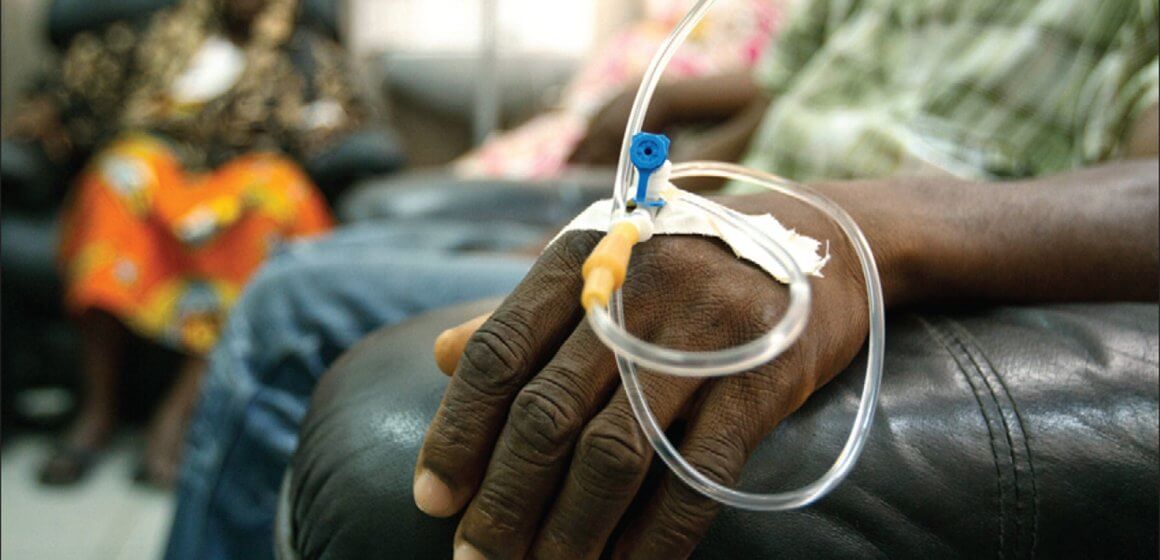
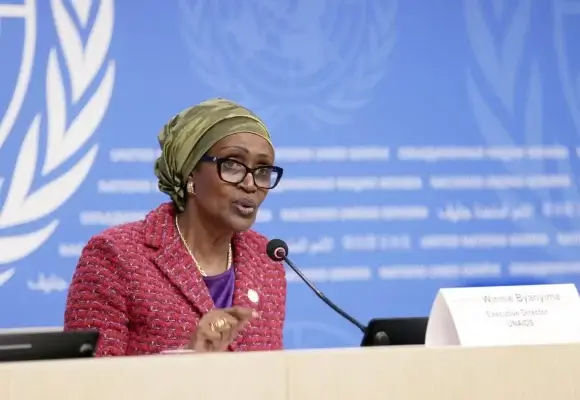
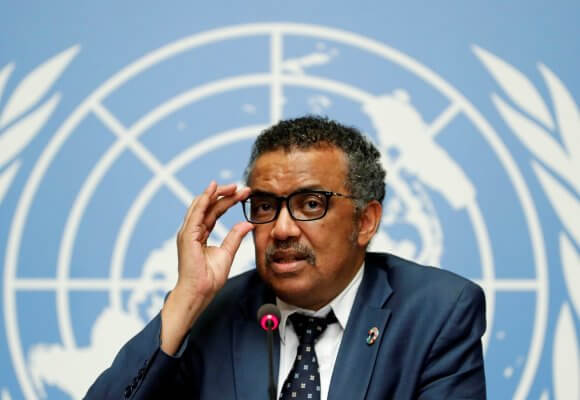
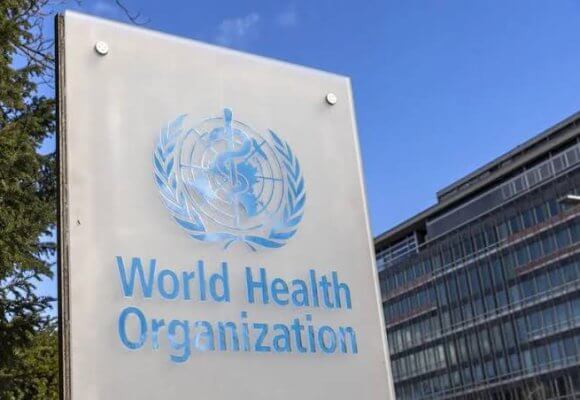
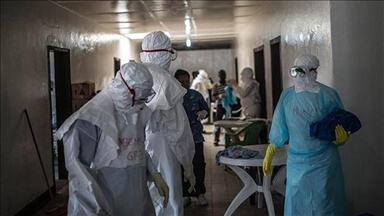
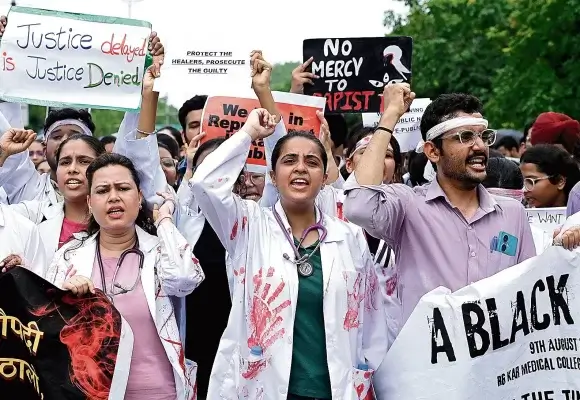
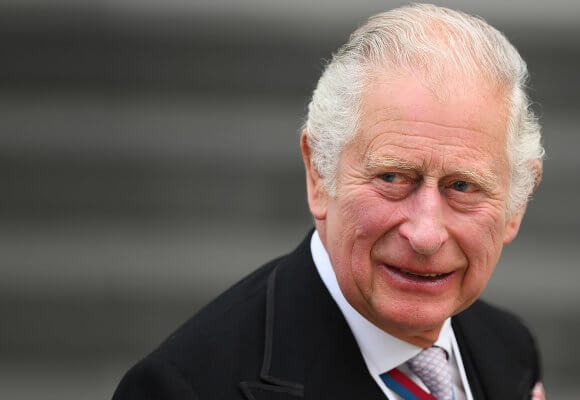
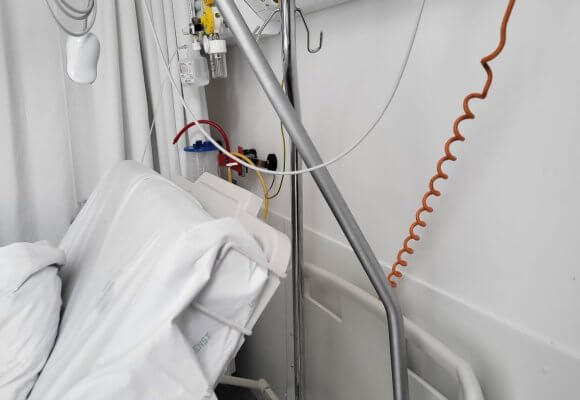



LEAVE A COMMENT
You must be logged in to post a comment.